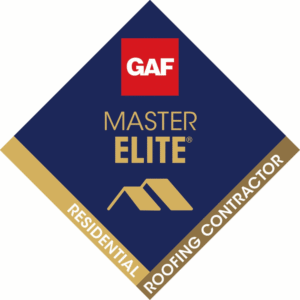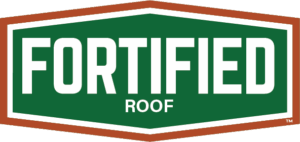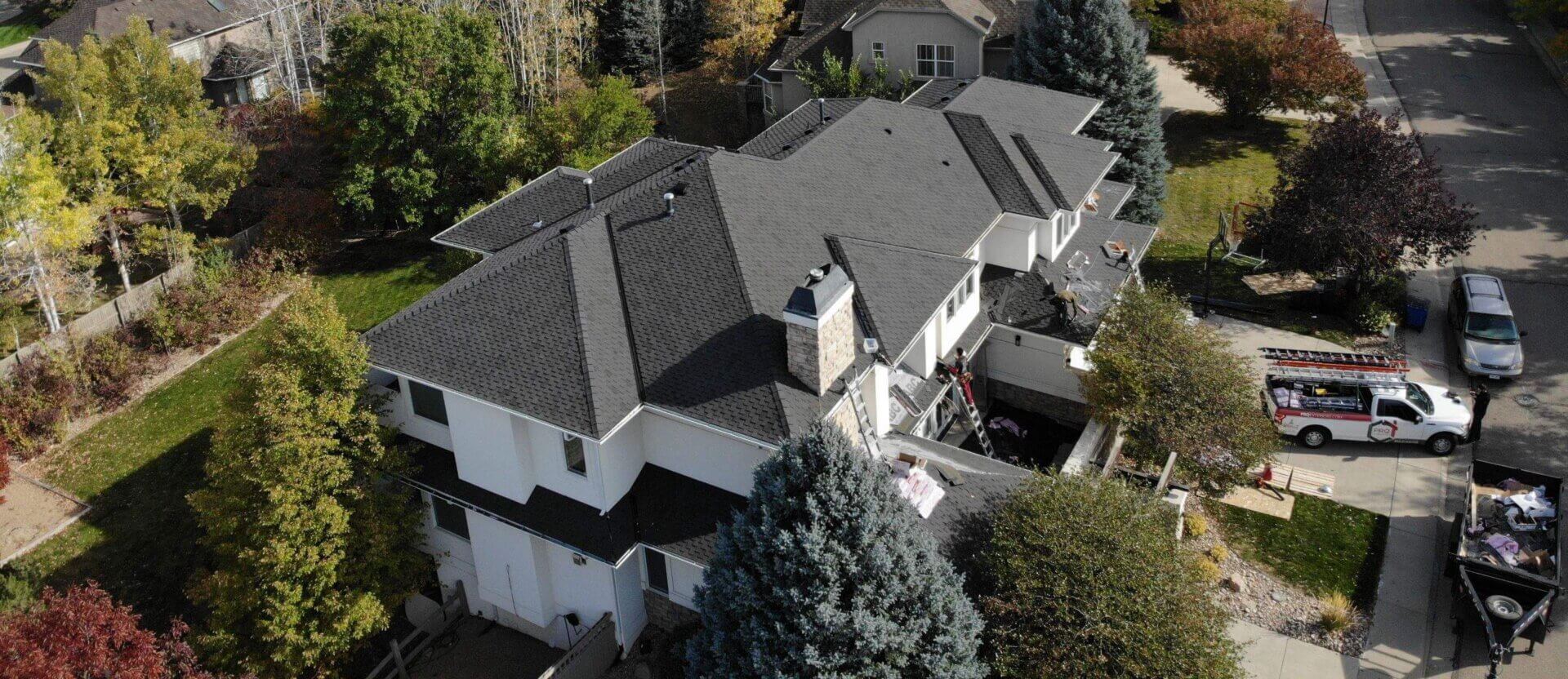Your Roof. Our Responsibility.
A clear path from inspection to approval.







Your Roof. Our Responsibility.
Quick help, clear steps, trusted results.
Roof Replacement
Aging or failing roof? We’ll guide you through a full replacement from permits to cleanup.
Aging or failing roof? We’ll guide you through a full replacement from permits to cleanup.
- Inspection shows damage
- Consistent shingle failure
- Constant leaks
- No pressure consultation
- Dedicated account manager
- Worry-free roof
- Lifetime warranty options
- Flexible scheduling
- Clean, respectful crews
Insurance Denial
Was your claim denied? We help homeowners reopen and win insurance appeals.
Was your claim denied? We help homeowners reopen and win insurance appeals.
- “Wear and tear” excuse
- Incorrect damage assessment
- Insufficient documentation
- Reinspection with evidence
- Resubmission + insurance negotiation
- Fast-tracked action plan
- 70%+ appeal success rate
- Local references available
Real Clients. Real Results.
Storm in your area? Special support may apply.
Roof Maxx is a sustainable roof treatment that extends the life of asphalt shingles by restoring their flexibility and waterproofing.
GAF Energy integrates solar technology directly into roofing systems, offering sleek, durable, and energy-efficient solar roofing solutions.
HotEdge is a heated roofing system that prevents dangerous ice dams and icicle formations, improving roof safety and longevity in cold climates.
Boost performance with vents, gutters, skylights, and more.
Does your home have storm damage? Book your free inspection now
Why They Chose Us

Ready to Get Started?
Schedule Free Inspection



